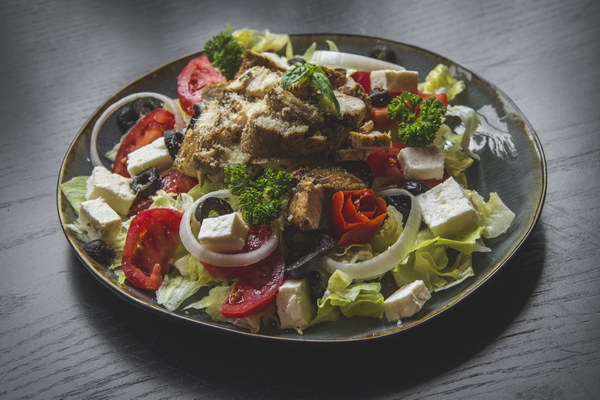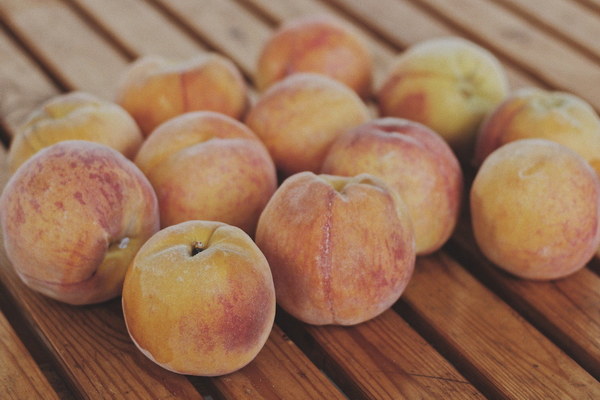Natural Elixirs The Healing Power of Wetness-Relieving Herbs in Soup
In the realm of traditional Chinese medicine, wetness-relieving herbs have been prized for their ability to alleviate dampness, a concept often associated with discomfort and illness. These herbs are commonly used in soups to create a soothing and therapeutic brew that can help balance the body’s internal environment. Let’s delve into the world of wetness-relieving herbs and explore how they can be incorporated into a nourishing and healing soup.
Wetness, or dampness, in traditional Chinese medicine is believed to be a root cause of various health issues, including fatigue, weight gain, joint pain, and even digestive disorders. To counteract dampness, practitioners often recommend wetness-relieving herbs, which are thought to help expel excess dampness from the body. Here are some of the most commonly used wetness-relieving herbs in soups:
1. Astragalus Root (Huang Qi)
Astragalus root is a well-known herb in Chinese medicine for its immune-boosting properties. It is also believed to help expel dampness and strengthen the body’s resistance to illness. In soups, it imparts a slightly sweet and earthy flavor that complements the other ingredients.
2. Poria (Fu Ling)
Poria is a fungal herb that is often used in conjunction with other wetness-relieving herbs. It is believed to help drain dampness and improve fluid circulation in the body. The texture of poria is soft and spongy, making it an excellent addition to soups for its absorbent properties.
3. Cinnamon twig (Guì Zhi)
Cinnamon twig is a warming herb that is thought to help dispel cold and dampness in the body. It adds a warm, spicy flavor to soups and can be particularly beneficial during cold, damp weather.
4. Atractylodes (Cang Zhu)
Atractylodes is a versatile herb that can be used to address various dampness-related issues, such as bloating, fatigue, and fluid retention. It has a slightly sweet and aromatic flavor that is well-suited for soups.
5. Alisma (Ze Xie)
Alisma is another herb that is commonly used to expel dampness from the body. It is also known for its diuretic properties, which can help reduce swelling and bloating. Alisma imparts a slightly sweet and nutty flavor to soups.
To create a healing wetness-relieving soup, follow these simple steps:
Ingredients:
- 1 lb (450g) of chicken or beef bones
- 1/2 lb (225g) of pork ribs (optional)
- 4-6 wetness-relieving herbs (such as astragalus root, poria, cinnamon twig, atractylodes, and alisma)

- 2 quarts (2 liters) of water
- Salt to taste
Instructions:
1. Clean and cut the bones into smaller pieces. If using pork ribs, trim off any excess fat.
2. In a large pot, bring the water to a boil. Add the bones and pork ribs to the pot and boil for about 10 minutes to remove any impurities. Skim off the foam that rises to the surface.
3. Reduce the heat to a simmer and add the wetness-relieving herbs. Let the soup simmer for at least 1 hour, or until the bones are tender.
4. Taste the soup and adjust the seasoning with salt, if desired.
5. Serve the soup warm, either as a meal on its own or as a complement to other dishes.
By incorporating wetness-relieving herbs into your diet, you can help maintain a balanced and healthy body. Soups made with these herbs provide a comforting and nourishing way to experience their benefits, while also offering a delightful taste of traditional Chinese medicine.









